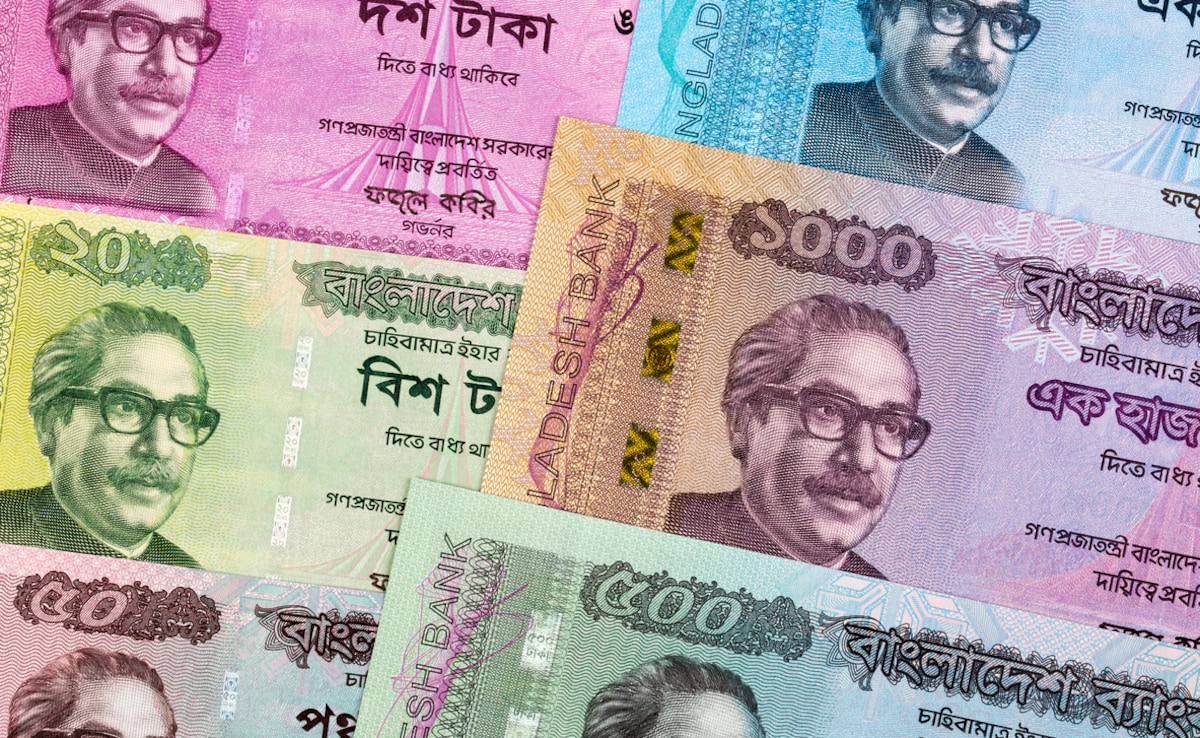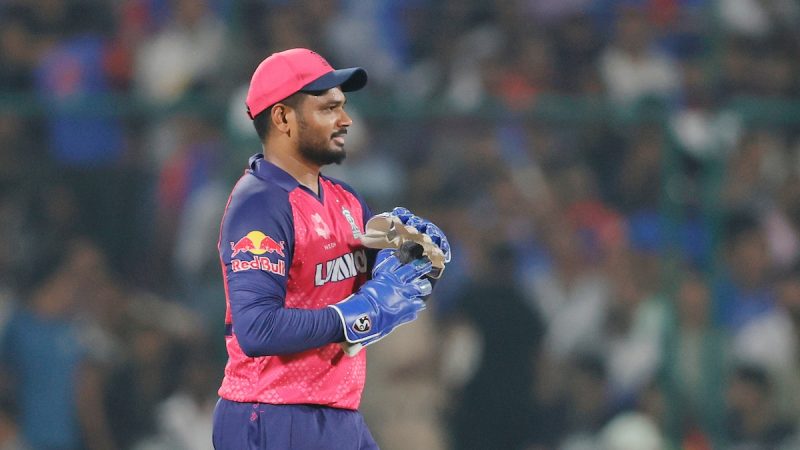Why Bangladesh Is Facing A Currency Notes Crisis

An order by the interim government to halt the issue of currency notes featuring Father of The Nation Bangabandhu Sheikh Mujibur Rahman has the potential of impacting the economy and disrupting citizens’ daily lives.
While the Muhammad Yunus-led Bangladesh government has not issued an official communication regarding the decision, reports suggest that the abrupt halt in issuing currency notes featuring Sheikh Mujibur Rehman is leading to a shortfall of currency notes in circulation.
To add to the trouble, the country’s central bank will now look at dealing with old currency notes worth around 15,000 crore Taka (the local currency of Bangladesh).
Following the ouster of former Bangladesh Prime Minister Sheikh Hasina, the interim government has taken various steps touted as attempts to erase the legacy of Bangabandhu Sheikh Mujibur Rahman.
According to sources, Bangladesh Bank reports an annual demand for 1.5 billion new bank notes of different denominations. The country does not have the capacity to replace the existing currency notes, especially in the informal economy which forms around an estimated 40 per cent of GDP of the country largely dependent on cash transactions.
With high inflation and rising food prices, a crisis in supply of currency notes could lead to havoc if not addressed immediately, say economists. Sources say that even if new notes are printed, it will take a lot of time to replace the currency notes as the demand far outstrips the supply capacity. Economists are calling for release of printed notes to ensure the economy does not face unnecessary pressures from a demonetisation-like move.






